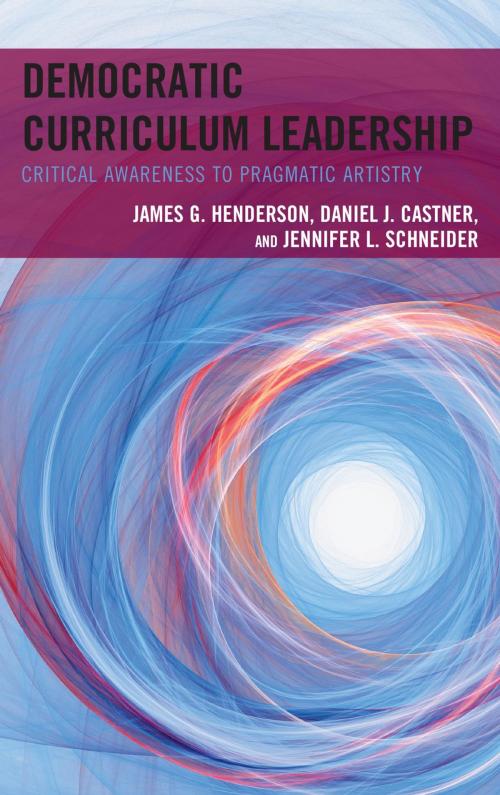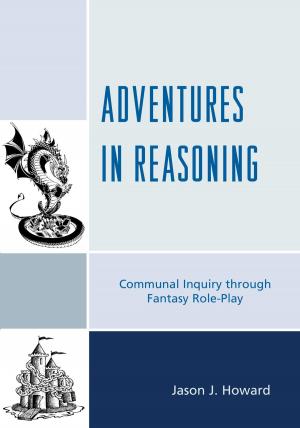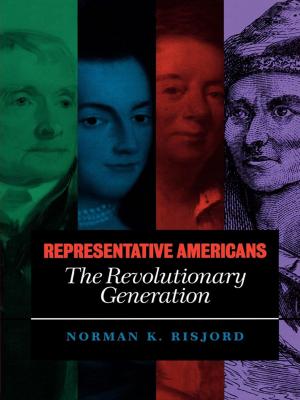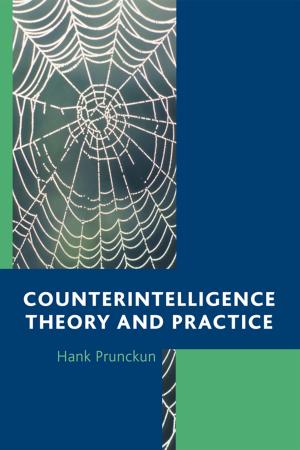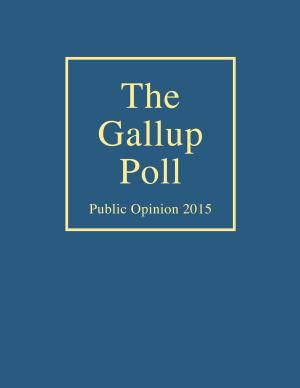Democratic Curriculum Leadership
Critical Awareness to Pragmatic Artistry
Nonfiction, Reference & Language, Education & Teaching, Educational Theory, Curricula, Leadership, Administration| Author: | James G. Henderson, Daniel J. Castner, Jennifer L. Schneider | ISBN: | 9781475837889 |
| Publisher: | Rowman & Littlefield Publishers | Publication: | March 6, 2018 |
| Imprint: | Rowman & Littlefield Publishers | Language: | English |
| Author: | James G. Henderson, Daniel J. Castner, Jennifer L. Schneider |
| ISBN: | 9781475837889 |
| Publisher: | Rowman & Littlefield Publishers |
| Publication: | March 6, 2018 |
| Imprint: | Rowman & Littlefield Publishers |
| Language: | English |
This book provides educators with guidance on studying and practicing a curriculum problem solving artistry that is focused on deepening students’ subject matter understandings through democratic self and social understandings. The book begins with a discussion of seven principles of curriculum leadership, which provide a framework for the presentation of a theoretical platform that guides a four-phased process. The curriculum problem solving has four interrelated phases, and advice on studying and practicing each phase has been organized into separate chapters using a montage format incorporating inquiry prompts, supportive quotations, critical commentaries, practical tips, narrative illustrations, and study recommendations. There is a continuous recognition of the ways in which the four phases are folded into one another in highly interactive ways; hence, the problem solving approach is described as a fourfold process. The text concludes with an epilogue honoring the disciplined journey of understanding and the pursuit of professional virtues that are central to the cultivation of problem solving artistry. An ethical oath that was created by twenty Ohio teacher leaders serves as a collegial pledge to embrace this disciplinary commitment.
This book provides educators with guidance on studying and practicing a curriculum problem solving artistry that is focused on deepening students’ subject matter understandings through democratic self and social understandings. The book begins with a discussion of seven principles of curriculum leadership, which provide a framework for the presentation of a theoretical platform that guides a four-phased process. The curriculum problem solving has four interrelated phases, and advice on studying and practicing each phase has been organized into separate chapters using a montage format incorporating inquiry prompts, supportive quotations, critical commentaries, practical tips, narrative illustrations, and study recommendations. There is a continuous recognition of the ways in which the four phases are folded into one another in highly interactive ways; hence, the problem solving approach is described as a fourfold process. The text concludes with an epilogue honoring the disciplined journey of understanding and the pursuit of professional virtues that are central to the cultivation of problem solving artistry. An ethical oath that was created by twenty Ohio teacher leaders serves as a collegial pledge to embrace this disciplinary commitment.
